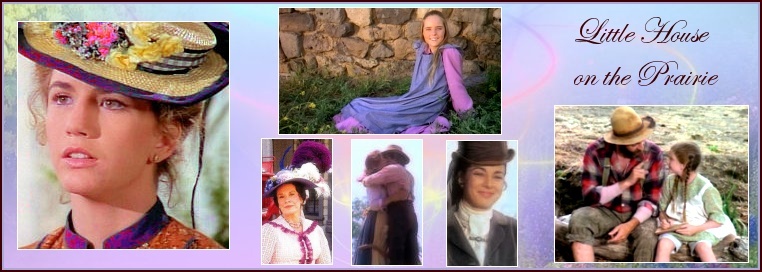David Livingstone Interview
Thank you very much for joining us. First of all, what was your childhood like?Thank you for the opportunity. We were quite poor and my Father, who was a preacher, worked in a cotton mill. To help with our finances, I also worked at the mill as I grew older. I did my schooling in the evenings, since I worked all day at the mill. I did often study while I worked, though.
So when did you decide to become a missionary?After I read Gutzlaff's appeal for medical missionaries for China in 1834, I began saving money and in 1836 entered Anderson's College in Glasgow, studying to be a doctor. I applied to join the London Missionary Society (LMS) and was accepted for missionary training.
What made you go to Africa?Several things, I intended to go to China, but the First Opium War broke out and the LMS suggested the West Indies instead. Then while I was studying in London, missionary Robert Moffat impressed me with the need in Africa. One statement in particular sticks in my mind. "I have sometimes seen, in the morning sun, the smoke of a thousand villages where no missionary has ever been."
How did you travel?We often travelled “light”. I tried to spread the gospel kindly, not by forcing it on unwilling ears. You had to win the chiefs over with love and kindness, not force, thereby showing Christ’s love. My motto was Christianity, Commerce and Civilization, and I believed the key to achieving these goals was the navigation of the Zambezi River as a Christian commercial highway into the interior.
What dangers did you face?Many dangers. Sickness, hostile natives, wild beasts and many more. Sometimes the natives mistook us for Portuguese slave traders. However one incident greatly affected me. I went on a lion hunt with some African men. I shot and wounded a male lion, but it turned on me as I reloaded my gun. The lion badly crushed my shoulder and, thereafter the shoulder has caused me pain because of the imperfect setting of the bone. Diseases were a constant threat and I lost my wife to malaria in 1862. That was my saddest part of life and I felt I wanted to die. We also often had dishonest porters that would steal what they could out of our supplies. This was a hindrance.
What incidents do you clearly remember?As mentioned above the lion attack was one. The discovery of Victoria falls I will always remember. The natives called the falls, Mosi-oa-Tunya ("the smoke that thunders") waterfall. I named it Victoria Falls after Queen Victoria.
What were the native people like?The natives were generally friendly; like I said before, you had to win them over with acts of kindness. This would show them that the white man was not always to be feared and the white man’s God cared for all. However some other tribes were bitter over the Portuguese enslavement of their people, and so posed a danger. We negotiated our way through territory, and paid for use of things.
So through all those dangers, did you feel like you completed your purpose?Yes and no. I mapped much of previously undiscovered parts of Africa and spread the Gospel wherever I went. However I did not find the source of the Nile which was one of my aims. That was a disappointment. However I did enjoy my explorations and mapped much of previously uncharted territory. I also spread the gospel wherever I went.
David Livingstone, African explorer and missionary. Lived 19 March 1813–1 May 1873
